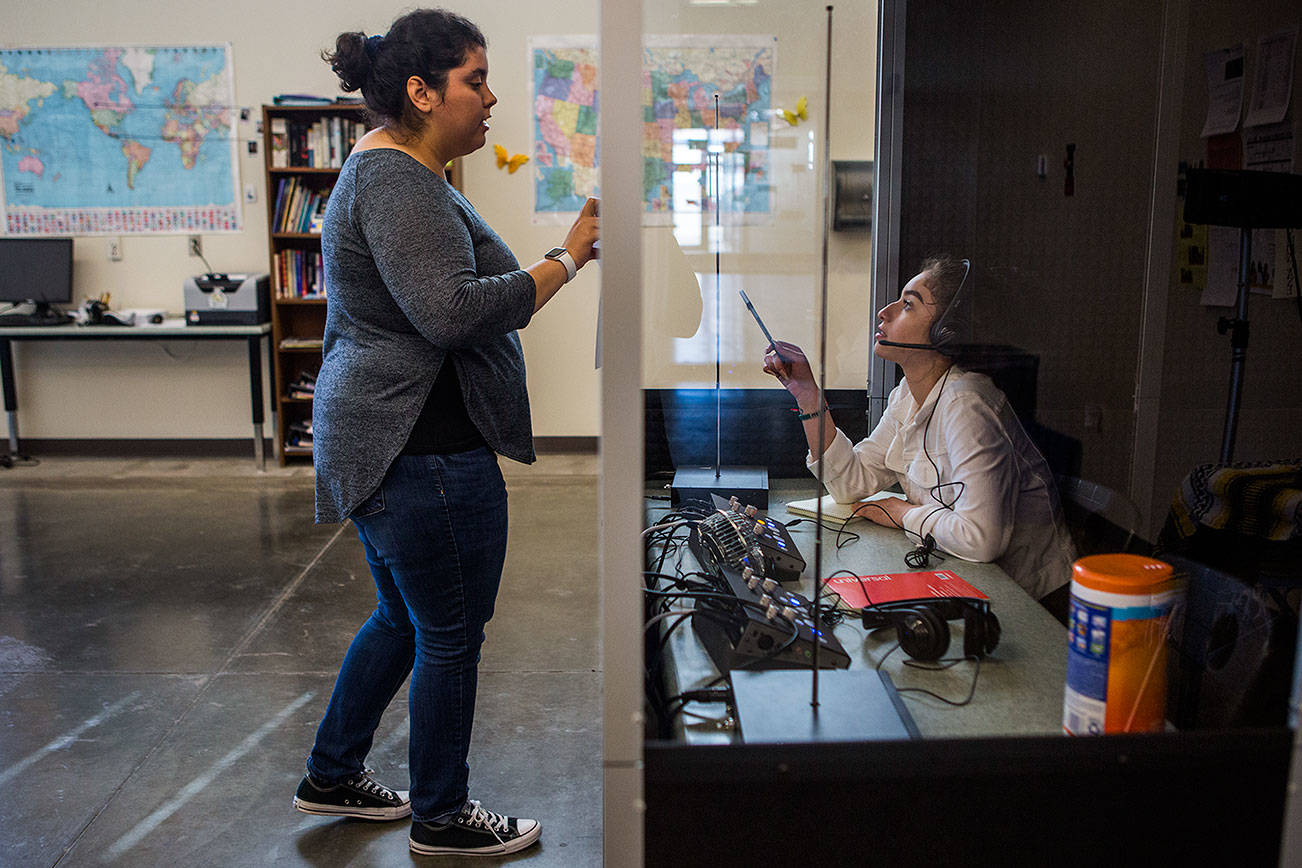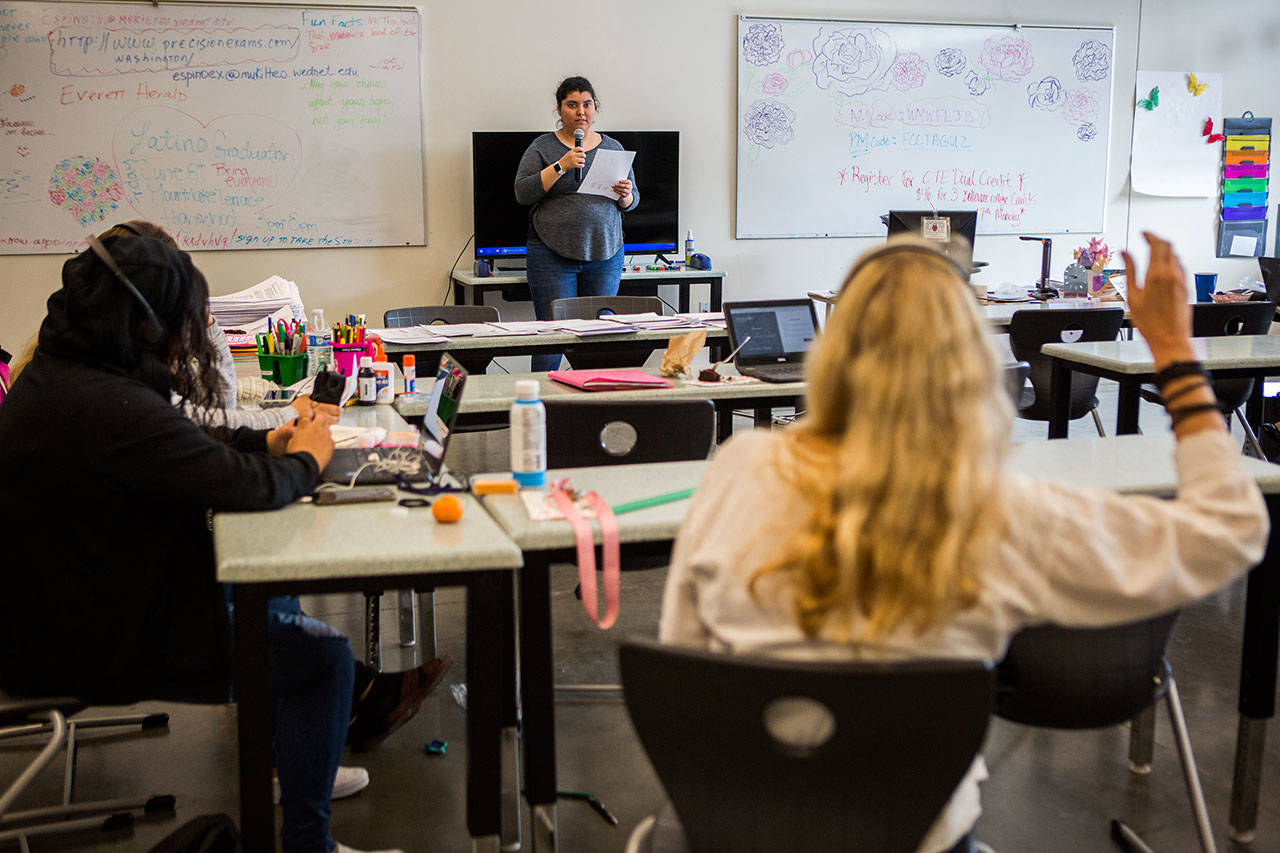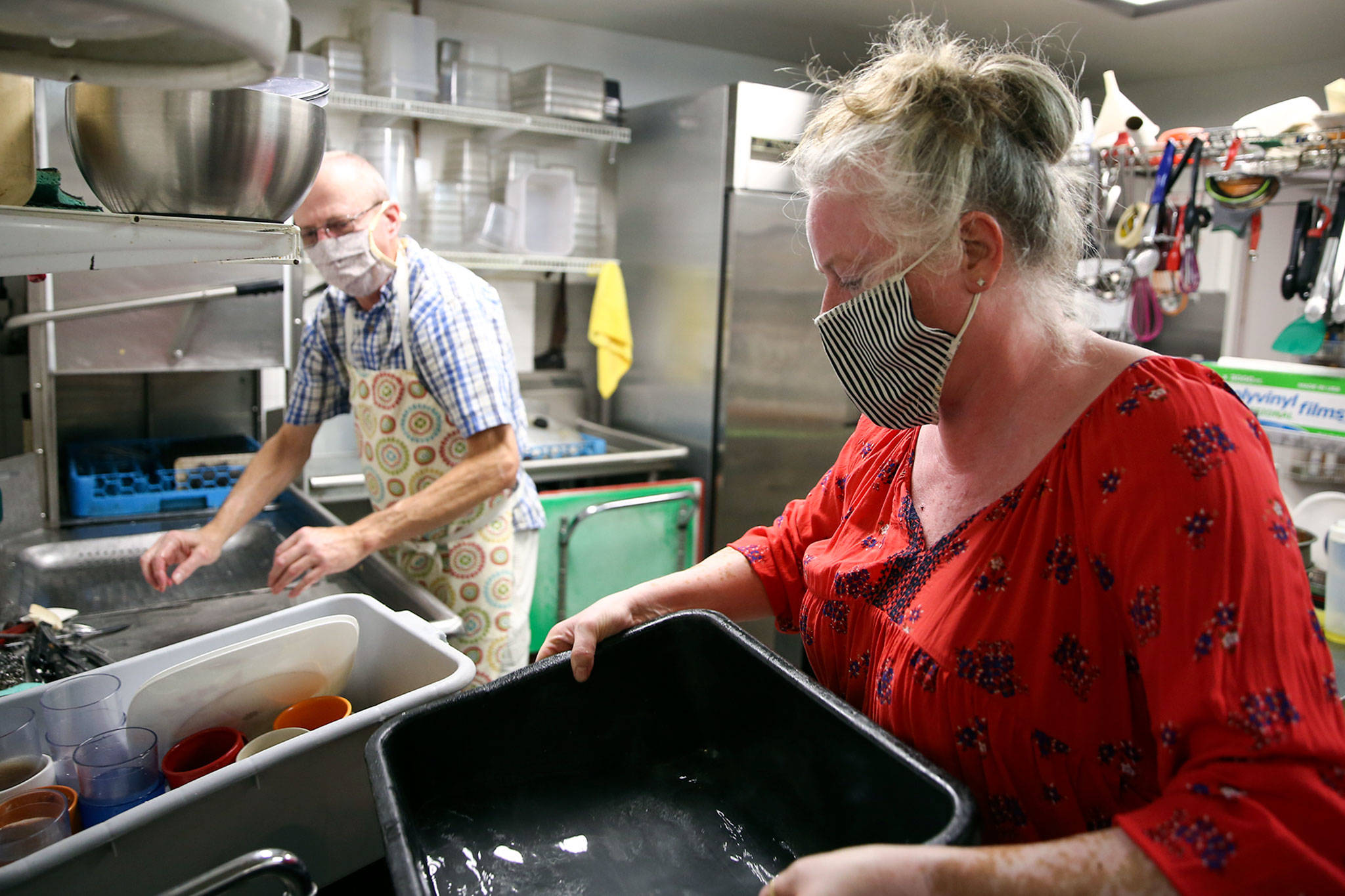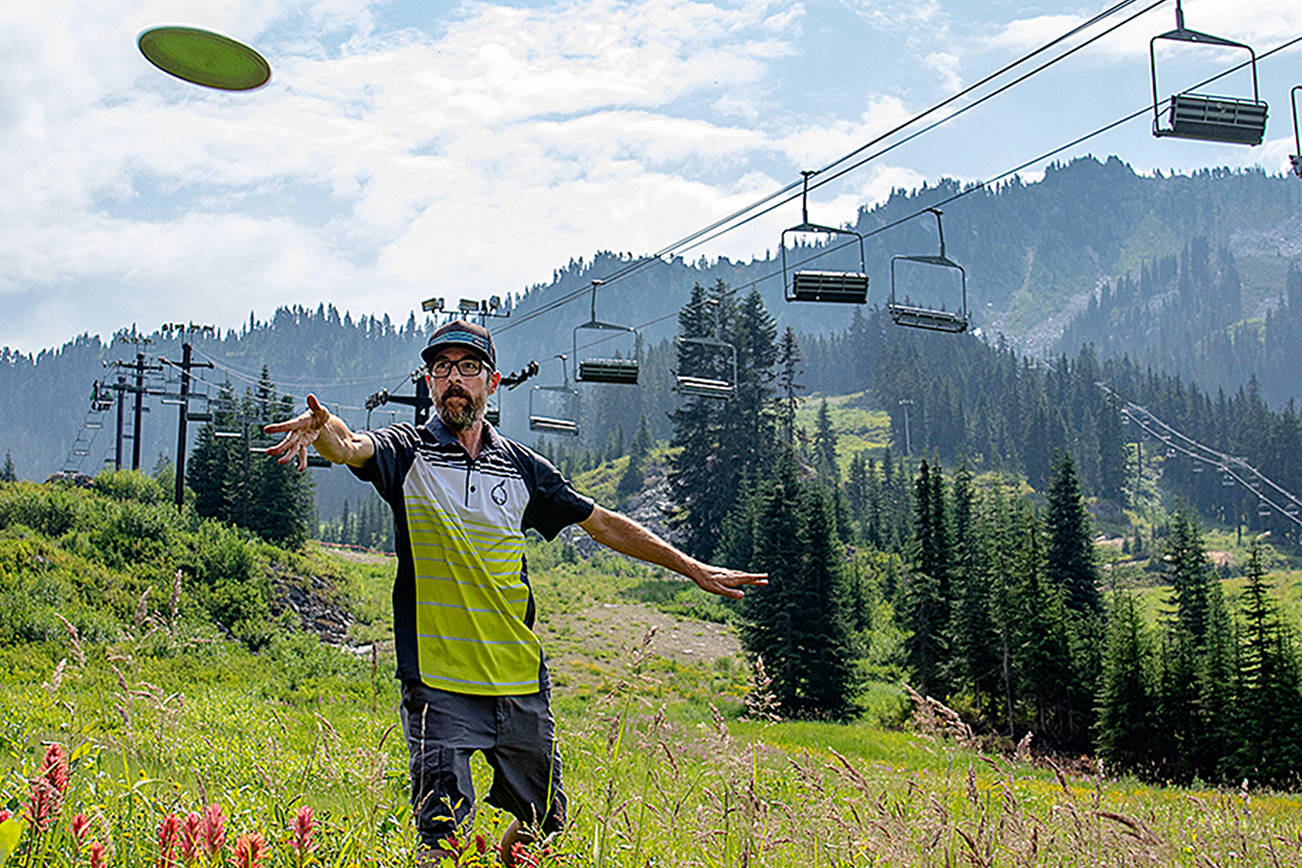EVERETT — For years, Sara Sandoval has been an unofficial interpreter for her family.
The high school senior said translating is something she does every day. At doctors appointments, in social settings or otherwise, the bilingual 18-year-old ensures her Spanish-speaking parents can be understood.
Now, thanks to Sno-Isle TECH Center’s interpretation and translation course, Sandoval and students with similar expertise can turn this ingrained ability into a profession.
“There is a bunch of students out there who have this skill, but they don’t know that they can use it,” said Sandoval, a graduating Kamiak High School senior. “That they can use it to help others and make a little career out of it. I think it’s really important that this program is here, because there are other students out there who can do the same exact thing.”
In just one year, bilingual high school students learn to professionally relay communication between languages, while also studying the ethics of interpretation, building professional portfolios, learning the business side of the field and preparing for the Washington translation certification exam.
Once endorsed, students can get a business license and work as contracted interpreters. They’ll be certified for two kinds of practices: Translation, which deals with writing, and interpretation for verbal communication.
“This is what we do at Sno-Isle,” said Isabel Espino, translation and interpretation instructor. “We train students to basically leave high school and be employed right away and they can do this with this program.”
In the inaugural year of the class, 18 students are enrolled, including speakers of Spanish, Russian and Vietnamese. By the end of the school year, eight will have taken the test to be certified interpreters.
These students will be entering the profession at the right time. The Bureau of Labor Statistics estimates that interpretation and translation jobs will grow by 18 percent over the next 10 years, well above the national average for other occupations.
“There is a big demand right now and there will be a big demand,” said Espino, a former translator herself. “We are becoming more and more global. We need interpreters everywhere.”
Sandoval has a jump on the industry. While still in high school, she has applied for a business license and begun Sandoval’s Interpretation and Translation, her own company where she already is contracted for interpretation opportunities.
“When I saw that I had a skill that I can actually help people and make a living with, I was like, ‘I really want to do this,’” she said.
The Sno-Isle program, just the second of its kind in the state, requires students to be bilingual and biliterate in English and another language, and prefers them to also be bicultural.
Course instruction utilizes specialized equipment for students to practice acquired skills like simultaneous translation, consecutive translation and proper situational translation.
The tools have given Fernanda Legorreta, 17, of Lynnwood High School, hands-on experience with professional gear similar to that used at the United Nations, where she aspires to work as an interpreter.
“This program will really help a lot of people to be certified and go that extra extent, because the world will always need interpreters,” she said.
With the immediate career for students, as well as positive feedback from students and parents, Sno-Isle Director Maggie Bagwell views the class’ first year as a success with positive signs for the future of the course.
“I am super excited for it to grow and pretty much max out its capacity, but for now, I think it’s been a great year and we are just going to keep building,” Bagwell said.
The class has bilingual Chinese and Japanese students enrolled for next year, with hopes of expanding its reach to other less common languages.
Ian Davis-Leonard: 425-339-3449; idavisleonard@heraldnet.com. Twitter: IanDavisLeonard.







